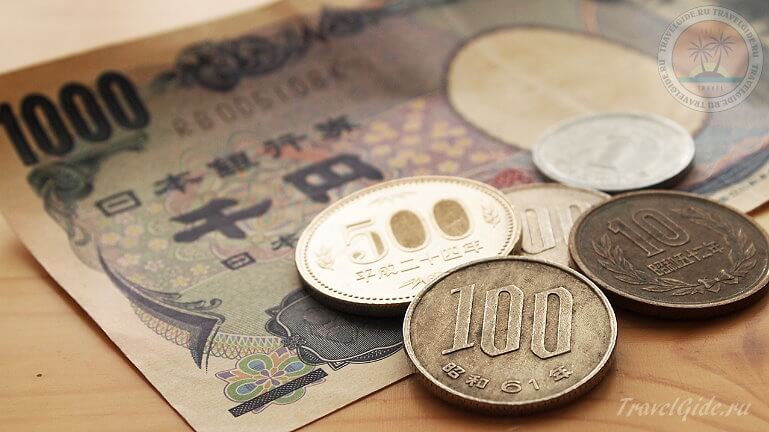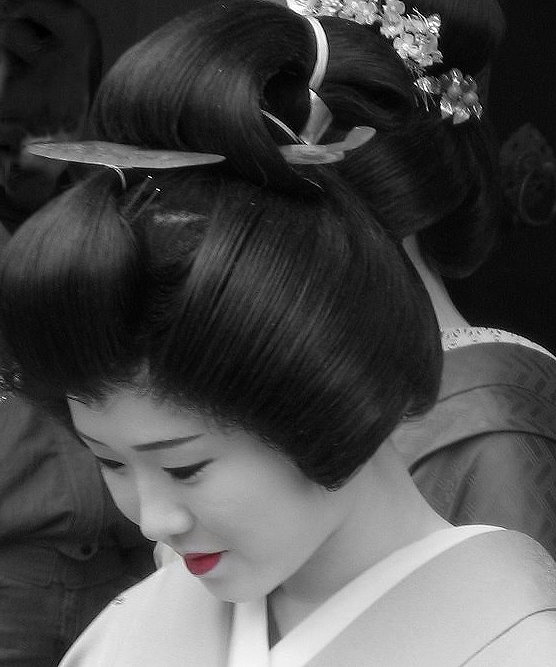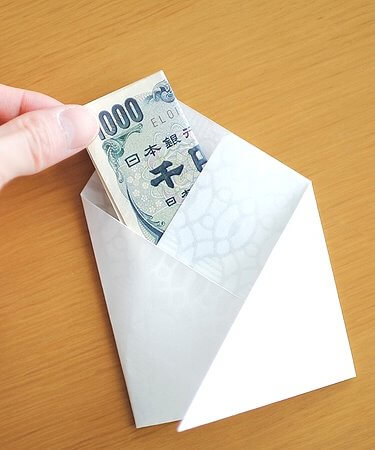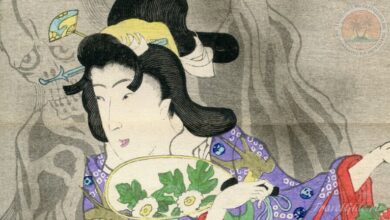
Tipping in Japan: Which Japanese Can Be Tipped?
MMany of those who have visited Japan or were interested in this Asian country have heard that tipping is not customary in Japan. Moreover, they say that money from hand to hand causes, at a minimum, bewilderment, and at the maximum - a real offense. Let's see if this always happens and what is true and what is fiction.
Why you can't tip in Japan
I remember such a common story about how a passenger - a tourist, leaving a taxi after the end of the trip, left a tip. This passenger was very surprised when the driver caught up with him almost a block later and returned the money to him, saying that he had left it in his car.
Another, similar to the first one in fact, story concerns the visitors of the cafe, to whom the waitress also returned the tips left on the street.

We assume that tips encourage good service. However, Japan proves that this is not entirely true.
In Japanese culture, customers are treated with the utmost respect. Whether you're eating fast food or staying in a five-star hotel, the staff will cater to your needs and go above and beyond for free.
Of course, when I say “free”, I mean that you have already paid all your possible expenses and billed to you the bill includes all these expenses.
What happens Is tipping really not accepted in Japan? Yes and no. There is a culture of tipping in Japan, but the only situations in which tipping would be appropriate in Japan are not at all the ones we are used to.
I must say right away that in Japan it is not customary to give a tip in the form of a simple transfer of a banknote. The bill must be sent in a small paper envelope called poti bukuro or in a napkin kaishi.
An envelope, he is an envelope, like those that are sold with us with the inscriptions “Increase in salary”, etc. And kaishi is a truly versatile Japanese napkin made from expensive paper that is higher grade than traditional Japanese washi paper.
Well, now let's move on to specific situations where tips are perceived naturally and without misunderstanding. Yes, please note the following a list of situations in which, in principle, it is customary to give money.
1. Tipping for private guides in Japan
Private guides and interpreters do not expect tips, but they appreciate them very much. However, unlike the situation with the geisha, which will be announced later, it is not customary to give any standard amount here. For yourself, you can justify your decision by how many days you spent together or how much you liked their services.
Some travelers also include a small gift in addition to the tip. And the Japanese guides love it! A box of chocolates, chocolates, some sweets from your hometown, are a great way to show your appreciation.
Another way to show your gratitude is by inviting your guide over for a small treat at the café.
2. Pochi bukuro for nakai in a good ryokan
A maid in a traditional inn, or nakai in a ryokan in Japanese, refers to those who accept tips. What should be noted and clarified about such tips?
Most often, tips are given if it is planned to order additional services or increase the volume or nature of those already ordered.
If the guests are a couple, it will be better if the tip is given by a woman. You don’t need to leave them on the bedside table or somewhere else, you need to pass them from hand to hand using the same pochi-bukuro envelope. Most often, all this happens at the entrance to the ryokan.
3. Tip for a geisha

During the dinner party, she will teach you Japanese games, dances or play music. The meeting begins when she poured tea for you and wished you something kind.
This time, have a thank you envelope ready. While you can decide how much to thank, most people pay around 2,000-3,000 yen per person. As you pass by, hand the envelope to her with both hands and bow slightly as a sign of respect.
4. Funeral money
Funerals are one of those times when tipping is considered normal in Japan. For us it is strange, but for the Japanese it is the norm. Tips in this case can be transferred to the driver of the hearse, the manager of the funeral company, other persons involved in organizing and conducting the funeral ritual.
5. Thanksgiving at a wedding in Japan
Also not typical for us. At our wedding, the host, the organizer of musical accompaniment, the driver, the make-up artist, the hairdresser receive a strictly agreed amount under the contract, and this usually ends there.
In Japan, tips for this group of people are quite welcome. So, the statement that in Japan, for example, hairdressers do not take tips is not entirely correct. But keep in mind that I'm talking about a wedding.
6. Tips for carpenters and movers
It so happened that carpenters and loaders are a kind of "privileged" category, which is not shameful to tip. The traditional concept of "carpenter" is slightly narrowed.
Here we are talking about professionals who not only build or repair your home, but also maintain it. For example, it is quite appropriate to tip the master who installed your air conditioner, provided, of course, that you liked his work.
As for the loaders, it is not customary to tip the “foreman”. A pochi-bukuro envelope should be given to each worker, again if everything suits you.
This is most likely not a complete list of all situations. Moreover, in some, at least, Tokyo restaurants for tourists, they begin to treat tips calmly.




The reason tipping can seem rude is because you are giving something you weren't asked for. It's like giving nice jeans to someone in pajamas and saying I'm sorry for you, here are some new jeans for you. Tipping in a restaurant is the same concept and it's not about appreciating their service. It's like saying, "I'm sorry you're a waiter and I'm pretty sure you can't afford anything. Please take money from this rich foreigner.”
I don't know how a Japanese who gets a tip feels. Does he feel offended, surprised, or just confused. I think the Japanese expect gaijins to act weird. It's likely that restaurant workers in popular tourist destinations have experienced the strange habit of paying more than what's on the bill.
However, they don't keep the money. In one case, I witnessed how the extra money used for tips (about 8000 for a bill over 6500+) was returned with exact change. You may have heard stories of clients being tracked by employees because they "forgot their money", though I haven't seen them in action.
The final price to be paid includes all maintenance costs, the staff is subject to a fixed salary and not random extra money.
In reality, the waiters will run after you to give (return) the money. A brother's friend told how this situation happened to him and after that he forgot about this habit, even in Moscow restaurants :)) He just gets up and says that the service is excellent, exactly the same as he expected from the institution.
The problem is not that tips offend the Japanese, but that they simply do not understand them. It is not part of their culture.
For example, consider the difference between Europe and America.
Here's how tipping usually works in Europe: round up the amount to the nearest whole number and you'll be fine. Increase the amount if the service is truly unique and deserves something extra.
However, American restaurant staff may take offense at this approach to tip size. When rounded up, they see that this person is violating the US social rule of tipping a minimum of 15% of an order. I have heard many stories of Europeans coming to the United States being abused and even being prosecuted for not tipping the right amount.
In Japan, a European who pays a 4,800 yen bill with a 5,000 note will cause just as much confusion among workers as it does in the US, but for a different reason. In general, the Japanese do not get angry or offended, but rather think that the client has made a mistake.
Tipping is not something the Japanese are used to. It is as if a random person on the street came up to you and gave you 200 rubles. I mean... everyone likes free money, but... it's just weird. This is inconvenient for both of you.
Working in a restaurant is not a place where you accidentally get extra money, so it's just as inconvenient as a random person on the street who gives you money.
However, this does not mean that cash gifts are always undesirable in Japan. However, this should be done in a completely different way and only in certain cases.
By the way, not only in Japan, but also in China, money must be given in envelopes. It is considered vulgar to give someone money or just gifts without wrapping. Many stores have special envelopes, especially for cash gifts, debt repayments, and other similar situations.
And leaving a few dollars at a restaurant you've only been to once... well, that's weird. Nobody does that in Japan.